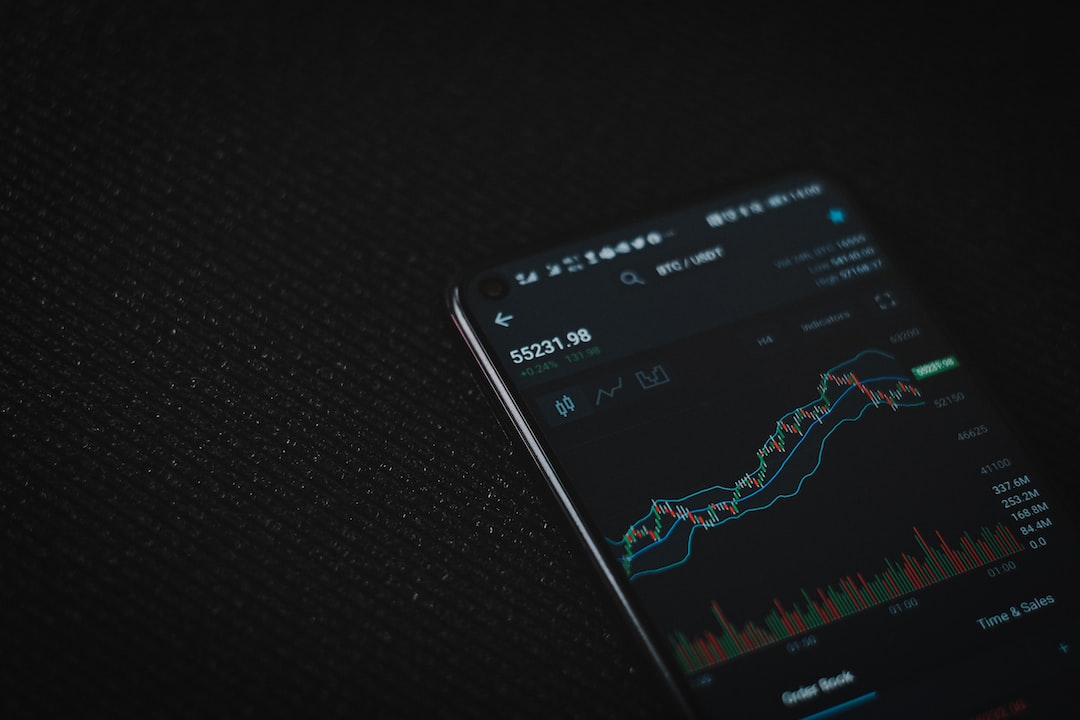Forex Trading vs Bitcoin Trading: Which Has More Market Volatility?
Market volatility is a term that is often used in the financial world to describe the degree of variation in the price of a financial instrument over time. It is an important concept for traders and investors to understand, as it can have a significant impact on their trading strategies and potential profits.
In recent years, two types of trading have gained increasing popularity: forex trading and bitcoin trading. Both markets offer opportunities for individuals to trade currencies and make profits, but they differ in terms of their market volatility. In this article, we will explore the differences between forex trading and bitcoin trading in terms of market volatility and discuss which market has more volatility.
Forex trading, also known as foreign exchange trading, involves buying and selling currencies in the global market. The forex market is the largest and most liquid financial market in the world, with an average daily trading volume of around $6 trillion. It is open 24 hours a day, five days a week, and allows traders to speculate on the fluctuations in exchange rates between different currency pairs.
The forex market is known for its high liquidity, which means that traders can easily enter and exit positions at any time without impacting the market price significantly. This liquidity also contributes to the relatively low volatility in the forex market compared to other financial markets.
While the forex market can experience periods of high volatility, such as during major economic news releases or unexpected geopolitical events, it generally exhibits lower volatility compared to bitcoin trading. This is due to the size and depth of the forex market, which makes it less susceptible to sudden price swings.
On the other hand, bitcoin trading involves buying and selling the world’s first and most well-known cryptocurrency, Bitcoin. Bitcoin operates on a decentralized network called the blockchain, and its price is determined by supply and demand dynamics in the market. Unlike the forex market, the bitcoin market is open 24/7, allowing traders to trade at any time.
Bitcoin trading is known for its high volatility, with prices often experiencing significant fluctuations within short periods. This volatility is primarily driven by factors such as market sentiment, regulatory developments, technological advancements, and macroeconomic events. Additionally, the relatively small size of the bitcoin market compared to traditional financial markets makes it more susceptible to price manipulation and speculative trading.
The high volatility in the bitcoin market can present both opportunities and risks for traders. On one hand, traders can profit from the rapid price movements by taking advantage of short-term trading strategies such as scalping or day trading. On the other hand, the high volatility can also lead to substantial losses if not managed properly.
In terms of market volatility, it is clear that bitcoin trading has more volatility compared to forex trading. This is evident in the wider price ranges and larger price swings observed in the bitcoin market. Traders who are comfortable with higher levels of risk and volatility may find bitcoin trading more appealing, as it offers the potential for significant profits in a relatively short period.
However, it is important to note that volatility is not necessarily a measure of profitability. While high volatility can provide opportunities for profits, it can also lead to significant losses if trades are not executed with proper risk management strategies. Traders should always assess their risk tolerance and trading skills before engaging in any form of trading, whether it is forex or bitcoin.
In conclusion, both forex trading and bitcoin trading offer opportunities for individuals to speculate on price movements and make profits. However, they differ in terms of market volatility, with bitcoin trading being more volatile compared to forex trading. Traders should carefully consider their risk tolerance and trading objectives before choosing which market to participate in. Proper risk management and trading strategies are crucial in navigating the volatile nature of these markets and maximizing potential profits while minimizing losses.






